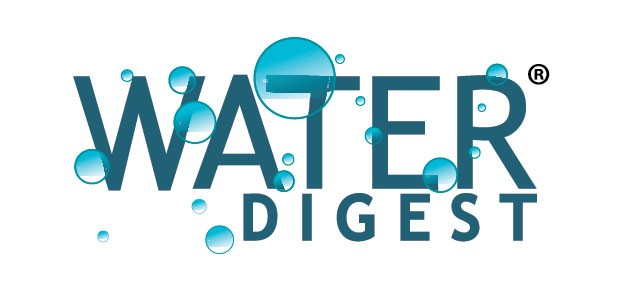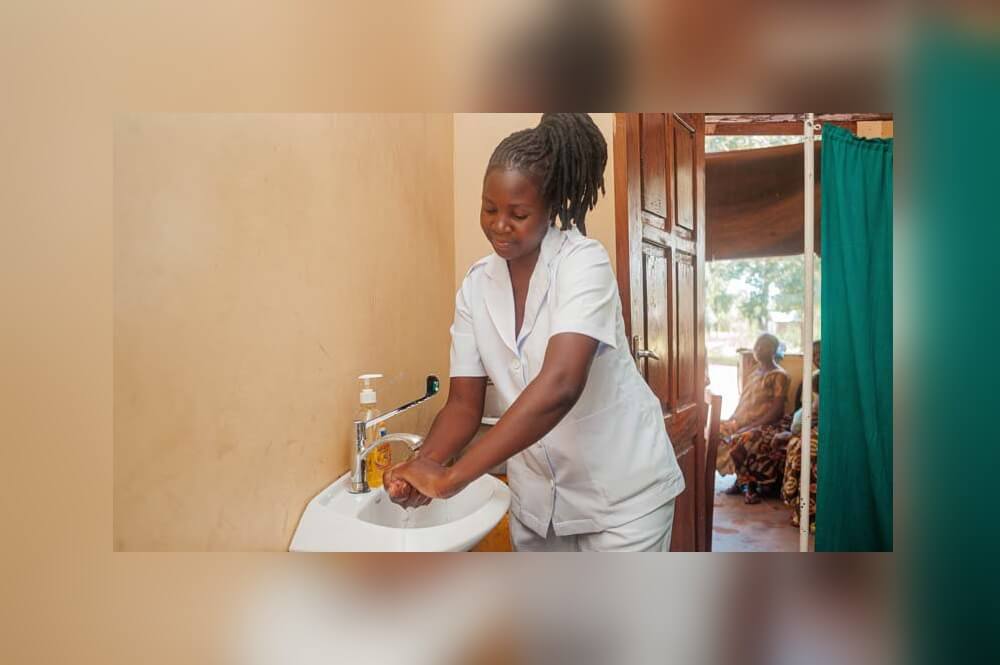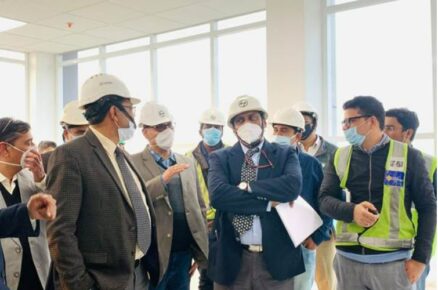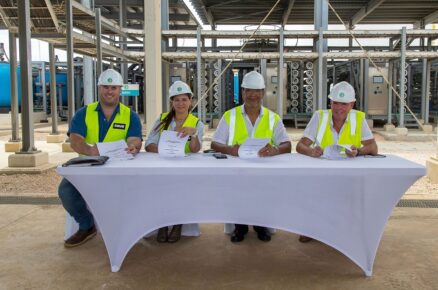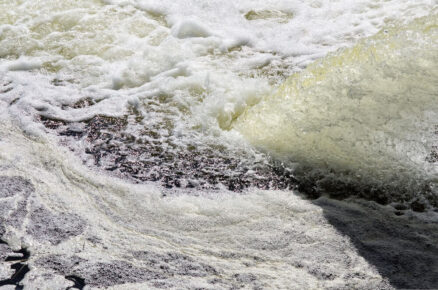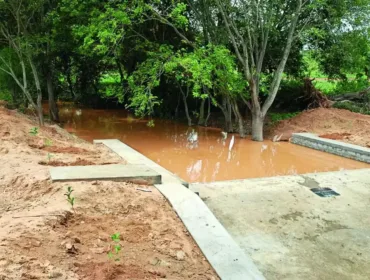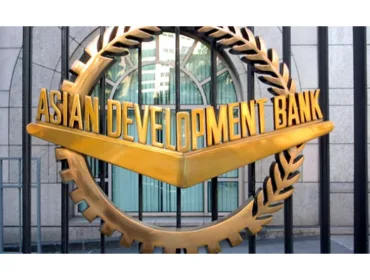Tunu Peter, a nurse at Nsimbo Dispensary in the Katavi region, washes her hands. This is one of the few dispensaries that has gained access to improved water supply and sanitation facilities.
Tanzania has made progress in access to water supply, sanitation, and hygiene services, but more can be done to meet targets set by the UN’s Sustainable Development Goals.
WD News: Providing universal access to water supply, sanitation, and hygiene (WASH) could reduce Tanzania’s economic losses by $1.9 billion per year by 2030, and the country could potentially generate more than $2.4 billion each year in savings on excess medical costs and lost productivity due to inadequate access, according to a new World Bank report.
The just published 18th edition of the Tanzania Economic Update: Clean Water, Bright Future: The Transformative Impact of Investing in WASH shows that while the country has made significant progress in recent years in improving access to WASH services, only 61 percent of households have access to basic water supply, 32 percent to basic sanitation, and 48 percent to basic hygiene (per the Sustainable Development Goals’ definitions). More than nine percent of the population continues to practice open defecation which entails serious health risks. In addition, rural areas lag behind urban centres in all dimensions of WASH.
“For Tanzania to ensure universal WASH access, the considerable upfront investment is required to avoid the devastating consequences of inadequate services,” said Nathan Belete, Country Director, World Bank.
To achieve and sustain universal WASH access, the report recommends a combination of policy measures, institutional capacity building, and new financial arrangements at the national, subnational, and community levels.
“The implementation of Tanzania’s third Water Sector Development Program (WSDP) requires an estimated $6.5 billion in total,” said Ruth Kennedy-Walker, Senior Water Supply and Sanitation Specialist, World Bank and report co-author.
Source: World Bank
Image courtesy: ONA Stories/ World Bank
